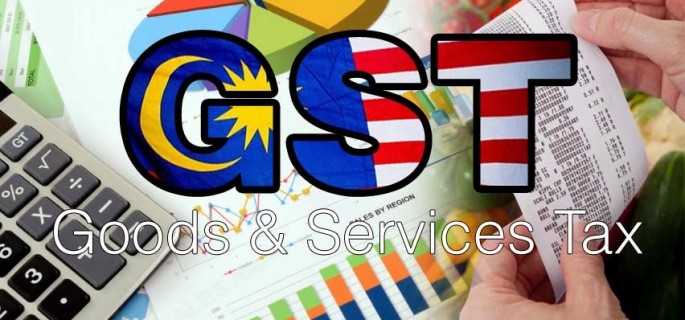How to Navigate Singapore GST Registration for Your Company
How to Navigate Singapore GST Registration for Your Company
Blog Article
The Ultimate Guide to Simplifying the GST Registration Process and Demands for Small Company Owners

Understanding GST Basics
To comprehend the principles of the Item and Services Tax Obligation (GST) system, small organization proprietors should first comprehend its underlying ramifications and concepts. Under the GST program, organizations are required to gather and sign up tax on part of the government, making certain openness and compliance.
One of the crucial concepts of GST is input tax credit, which enables businesses to assert credit report for taxes paid on their purchases. Recognizing these basic principles is critical for little organization proprietors to browse the intricacies of the GST system and make sure conformity with the law.
Eligibility Requirements for Registration
Having established a fundamental understanding of GST concepts, small company proprietors must currently fulfill details qualification requirements to proceed with the registration process. In India, entities took part in the supply of products or solutions with a yearly accumulation turnover going beyond Rs. 40 lakhs (Rs. 10 lakhs for unique classification states) are called for to register for GST. In addition, particular organizations such as those included in inter-state supply of goods, casual taxed individuals, and those required to pay tax obligation under the reverse charge system must register for GST irrespective of their turnover. Furthermore, organizations that were signed up under the previous tax regime (BARREL, solution tax, etc) are also mandated to register under GST. Farming businesses that just provide create out of main production are exempt from GST registration. It is vital for local business owner to thoroughly evaluate their eligibility based upon these requirements to guarantee compliance with the law and stay clear of any kind of penalties for non-compliance.
Records Needed for GST Enrollment

Simplified Enrollment Refine Steps
Adhering to the collection and confirmation of the requisite papers, the enrollment process for GST can be navigated with a collection of simplified actions made to promote reliable conformity for small service owners. The initial step entails visiting the GST website and choosing the 'New Registration' choice. Ultimately, the candidate has to fill out Part A of the GST REG-01 kind with information such as frying pan, mobile number, and e-mail address to useful site get an OTP for confirmation. Once the OTP is received and entered, a Short-term Recommendation Number (TRN) is generated for more proceedings. The next action calls for completing Component B of the type with required company details, submitting supporting files, and completing the verification process utilizing DSC or EVC. Ultimately, upon successful confirmation, an Application Reference Number (ARN) is provided, showing the completion of the GST enrollment process. By adhering to these streamlined actions, small company proprietors can successfully register for GST and make certain conformity with tax regulations.
Tips for Ensuring Compliance
To maintain regulative adherence and functional honesty, thorough oversight and positive steps are critical in making sure compliance with GST requirements for tiny business owners. Little business owners need to remain upgraded with GST guidelines, filing target dates, and any kind of modifications in tax prices to prevent fines and maintain an excellent standing with tax authorities. Going to GST awareness workshops or training programs can boost understanding and compliance with GST guidelines, inevitably benefiting the business in the long run.
Conclusion
In final thought, small company owners should comprehend the essentials of GST, fulfill the eligibility standards, collect required papers, and follow the simplified enrollment process actions to make sure conformity. By simplifying the GST registration process and requirements, local business owners can avoid fines and run their services smoothly within the lawful framework - Singapore GST Registration. It is vital for small company owners to remain informed and certified with GST policies to keep an effective my explanation service procedure
Little service proprietors looking for GST registration must ensure they collect and send the necessary files to complete the registration procedure efficiently. The documents required for GST registration typically include evidence of company enrollment or consolidation, FRYING PAN (Permanent Account Number) card of the organization entity, identity this link and address proof of the promoters/partners/directors, pictures, address evidence of the location of company, bank account statements or terminated cheques, and permission forms. Going to GST recognition workshops or training programs can improve understanding and compliance with GST policies, eventually benefiting the business in the long run.
By streamlining the GST enrollment process and demands, little service owners can prevent penalties and operate their companies efficiently within the lawful framework. It is critical for tiny service owners to remain compliant and enlightened with GST laws to keep an effective organization operation.
Report this page